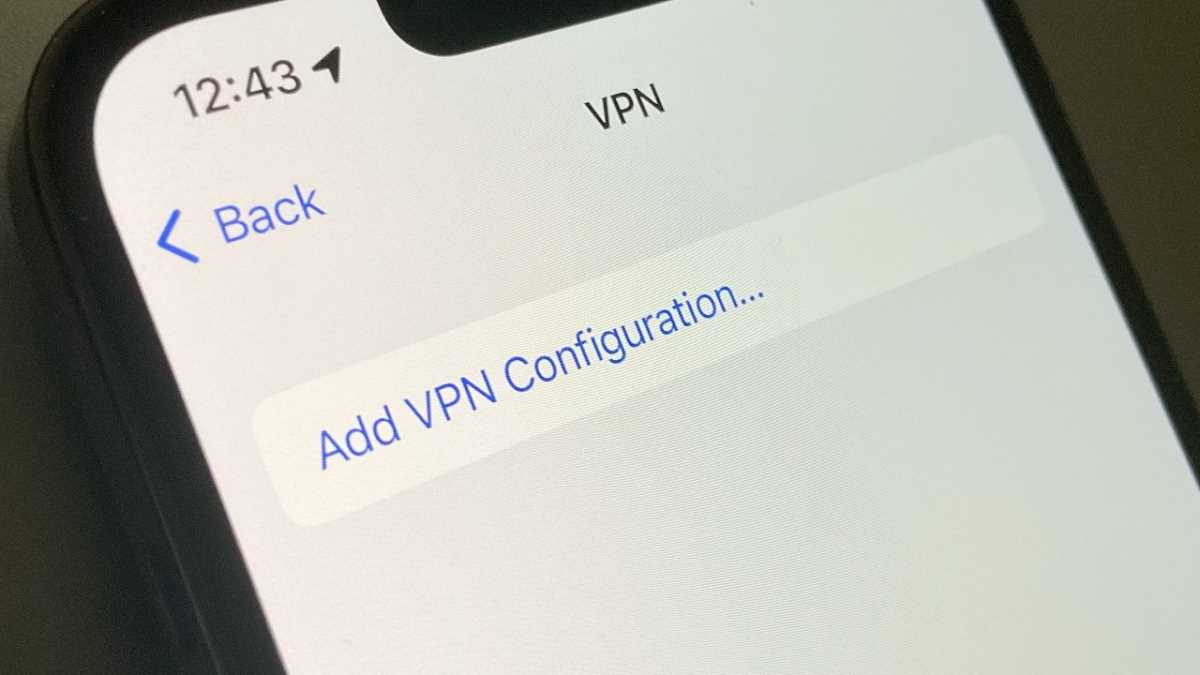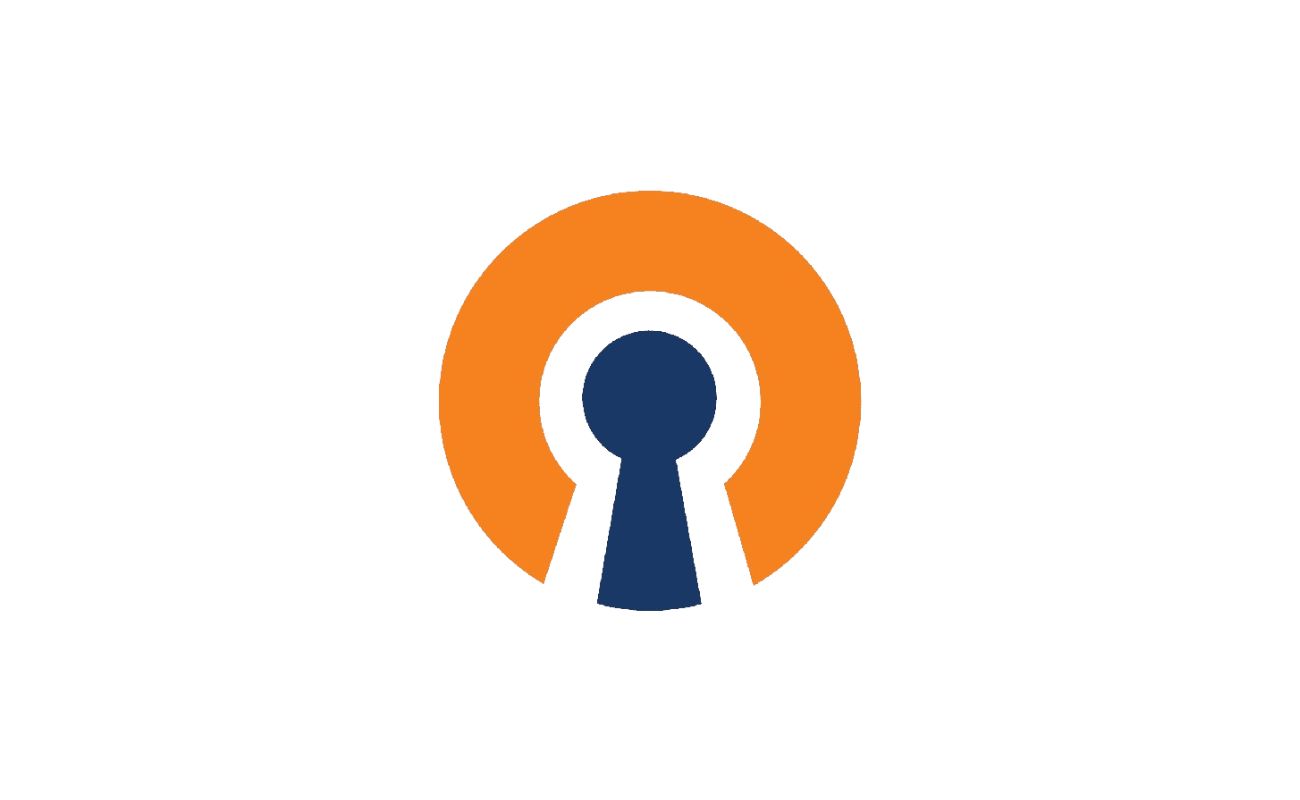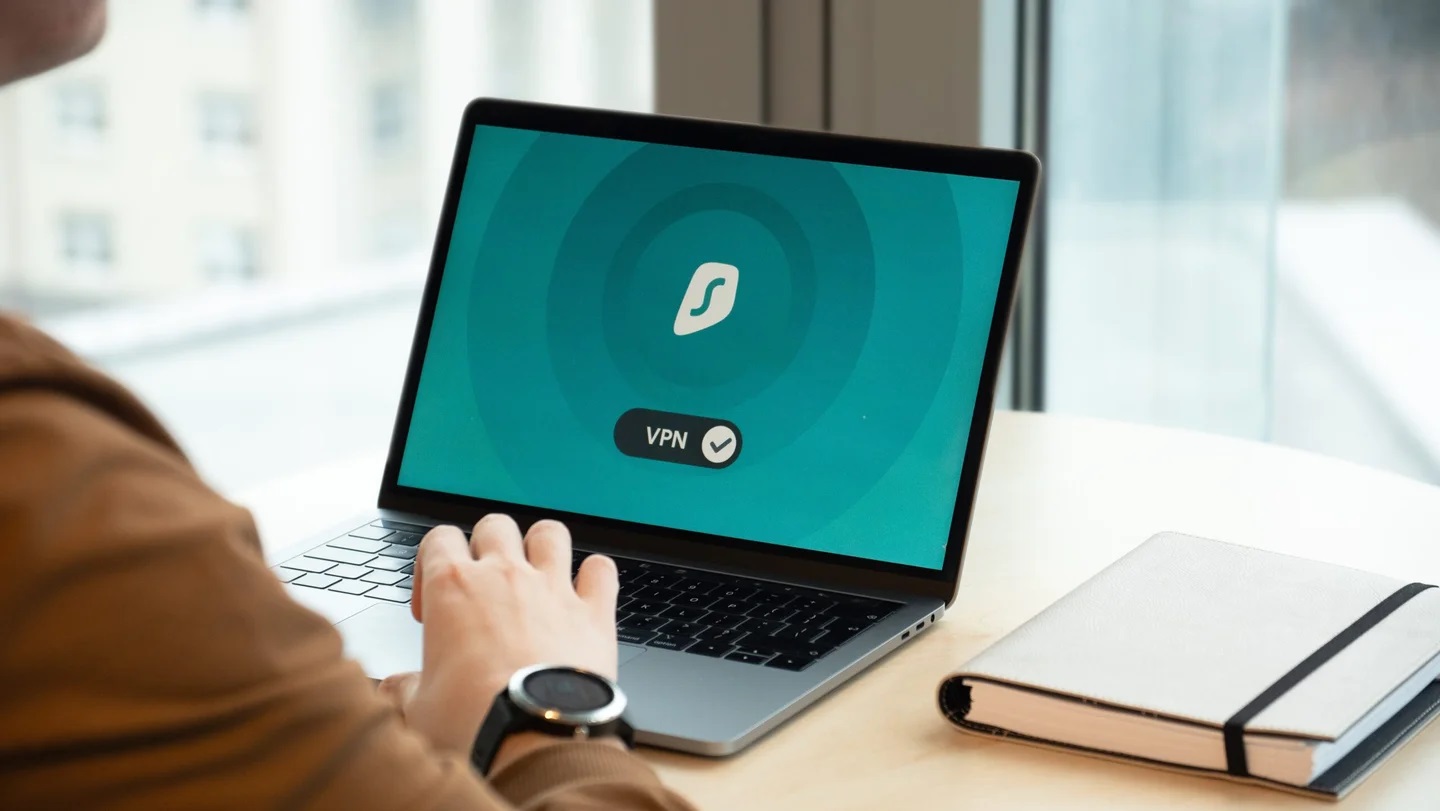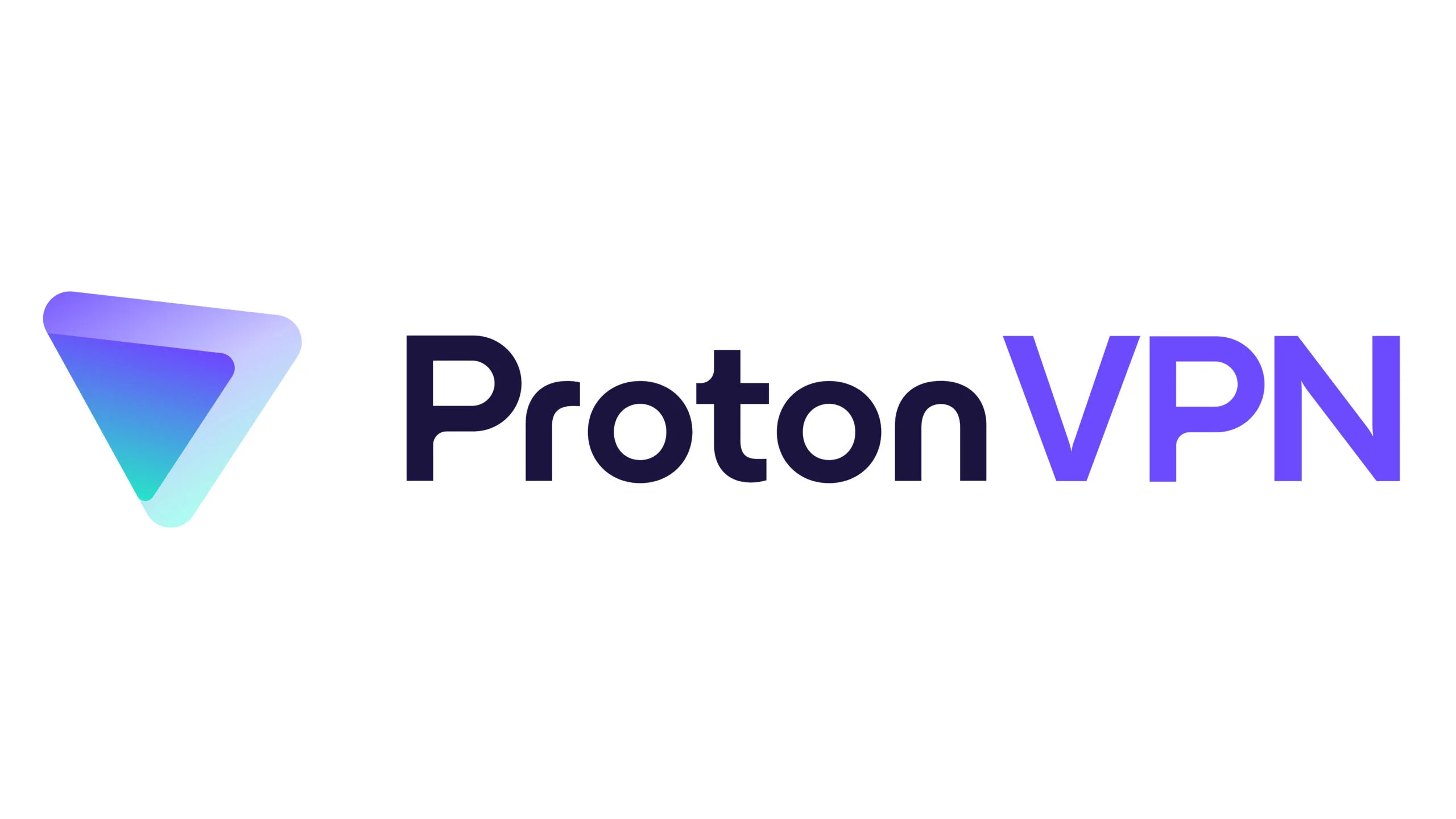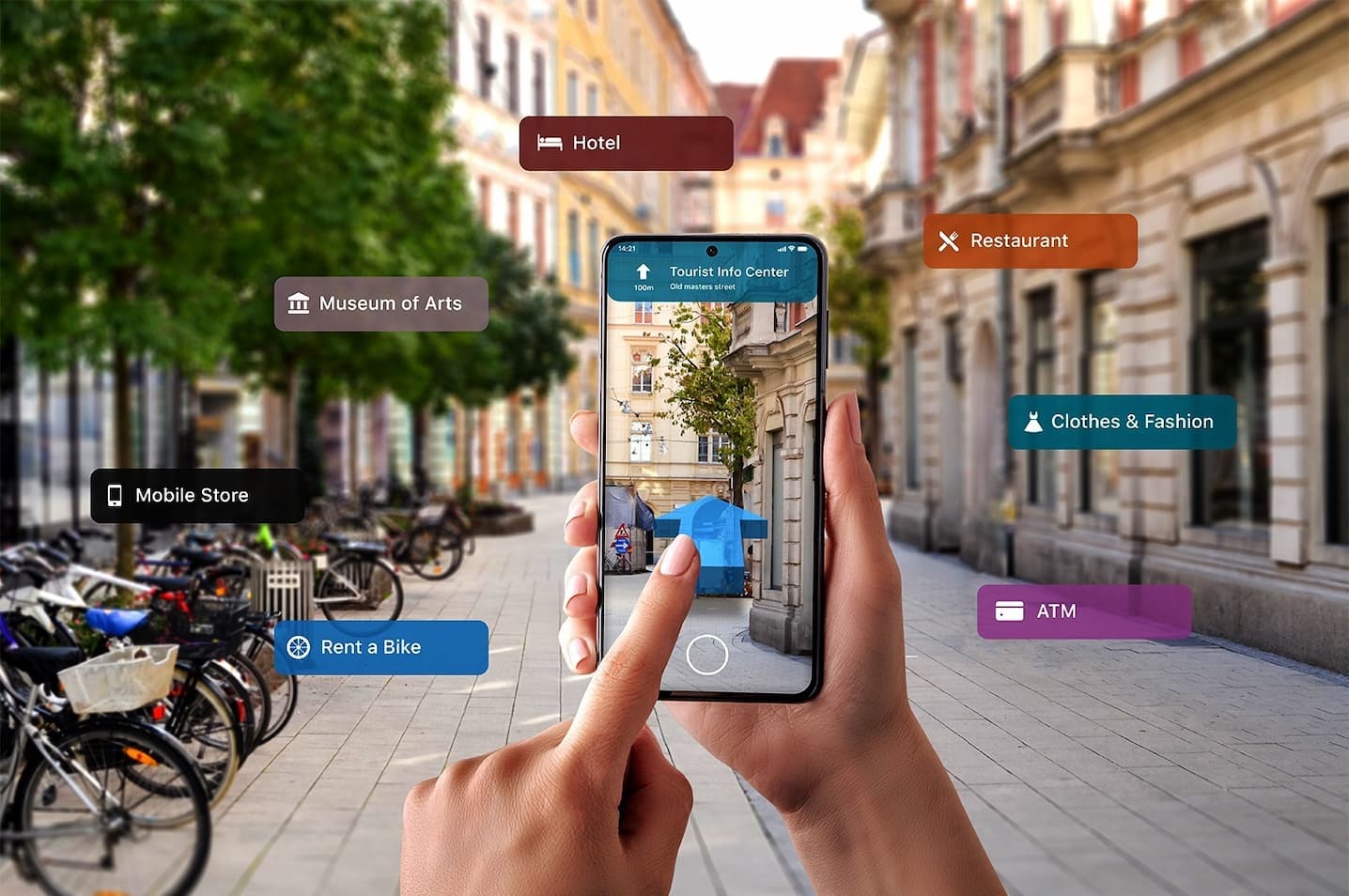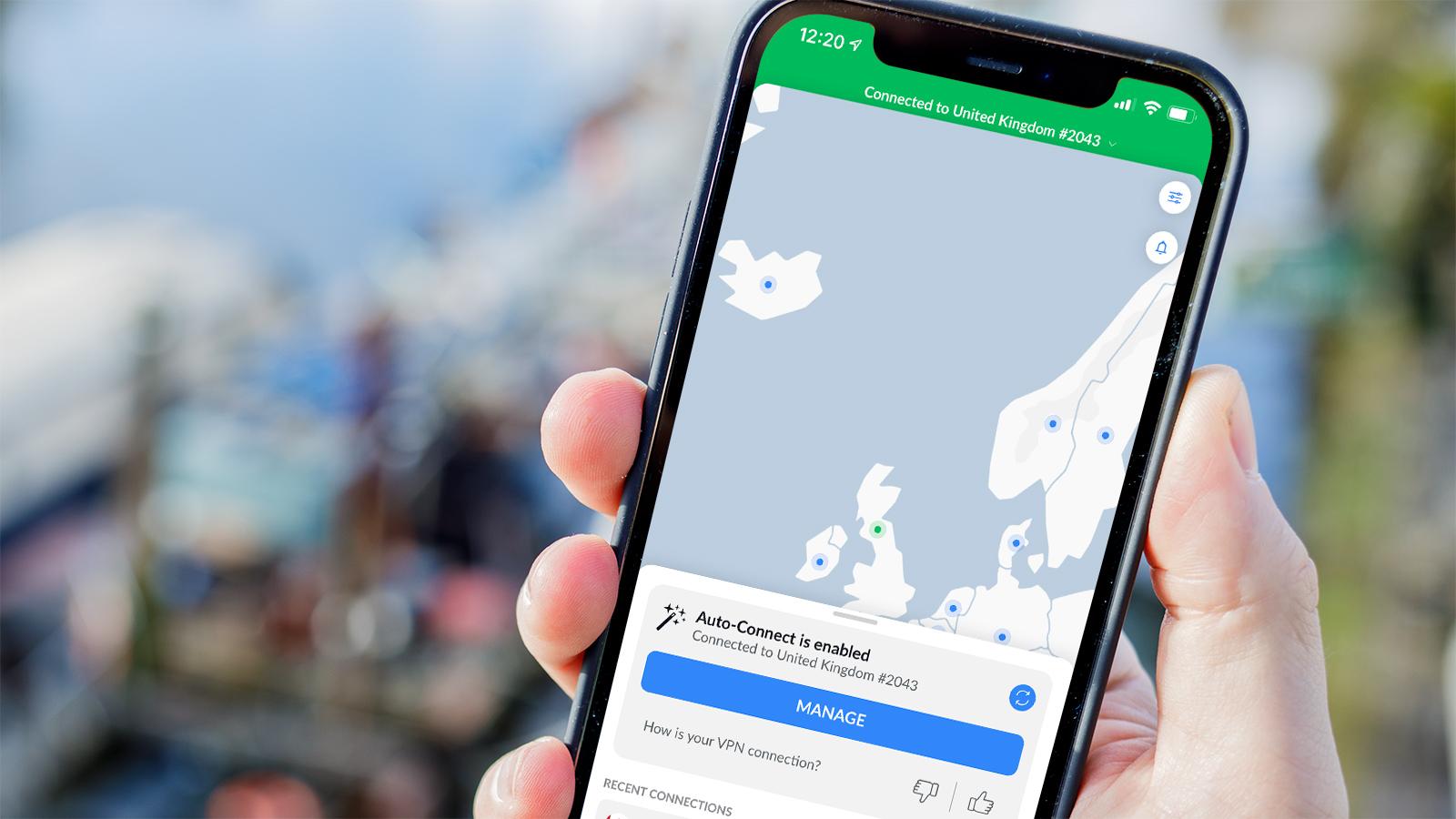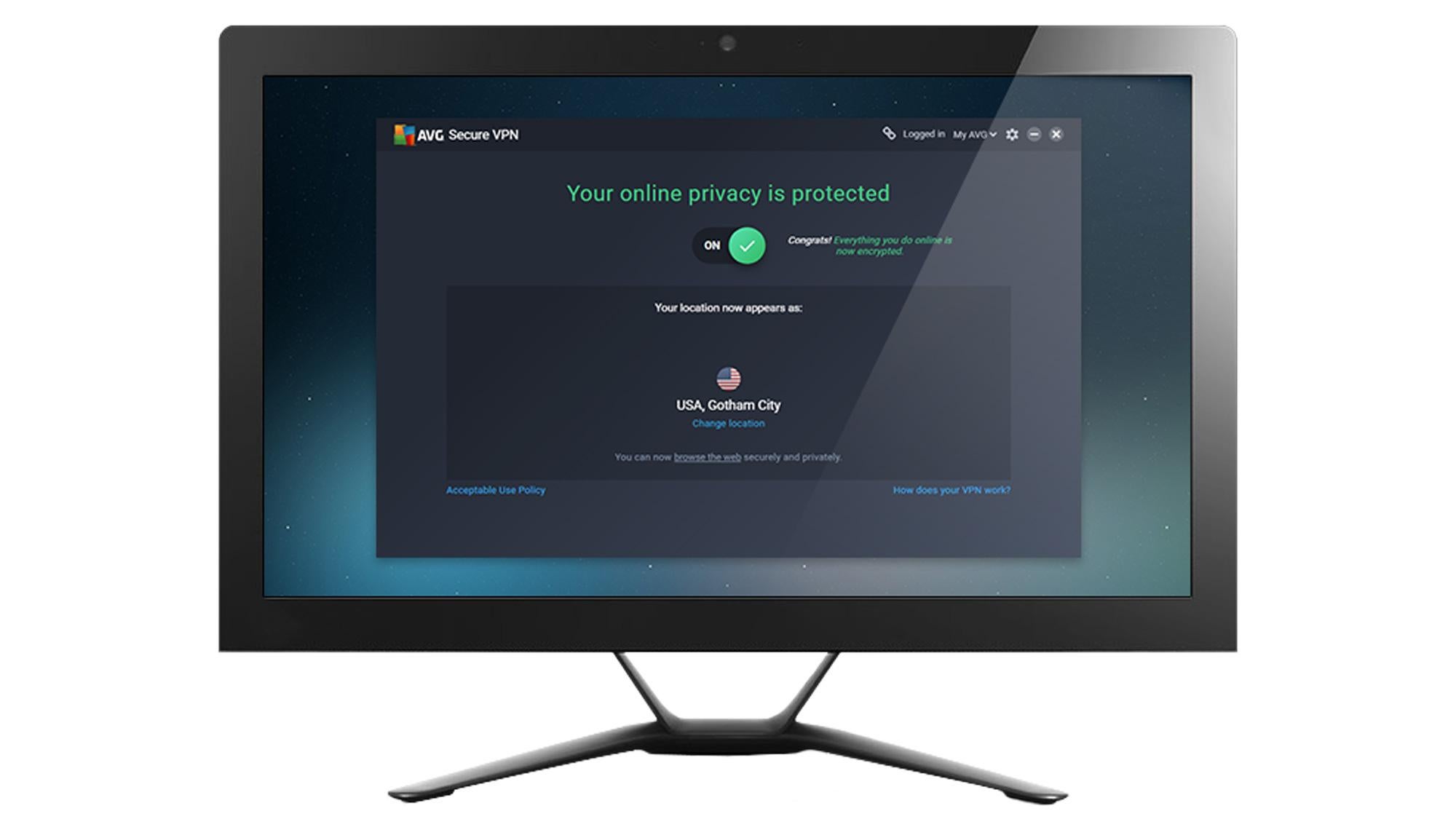Home>Software and Apps>What Characteristic Describes A VPN
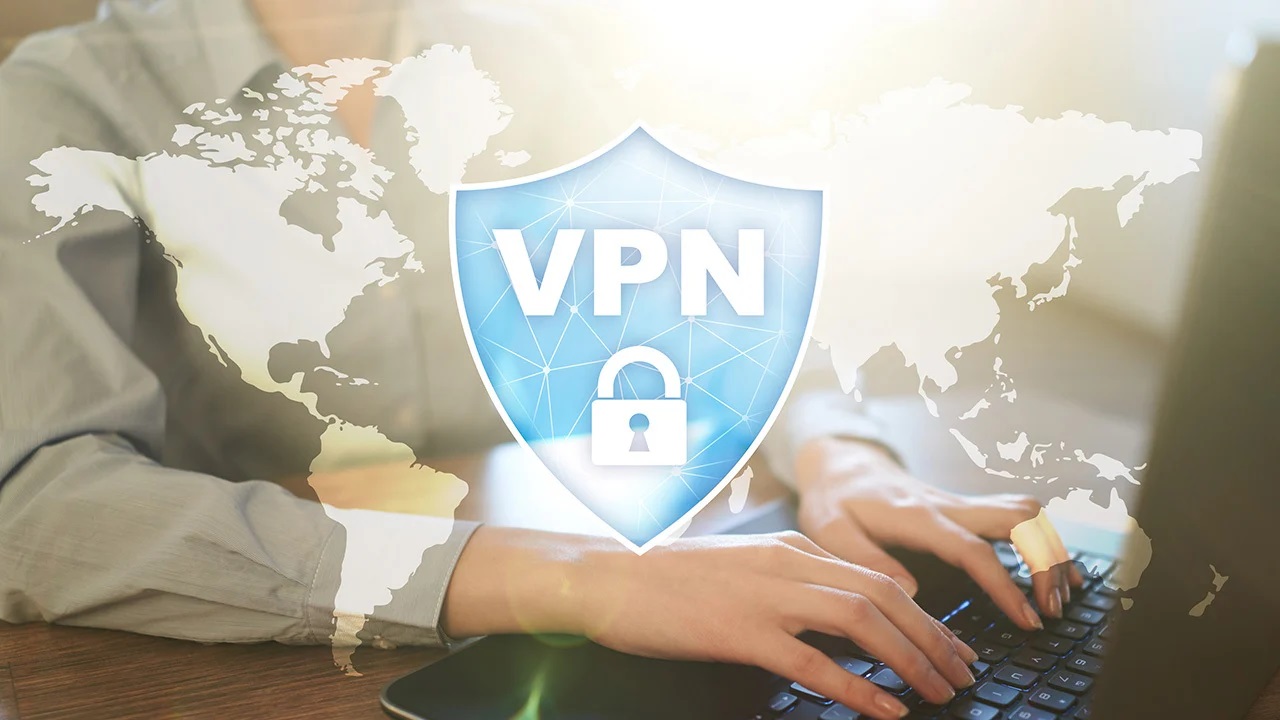

Software and Apps
What Characteristic Describes A VPN
Modified: September 5, 2024
Discover the top characteristics that define a VPN and its impact on software and apps. Learn how VPNs enhance security and privacy for seamless online experiences.
(Many of the links in this article redirect to a specific reviewed product. Your purchase of these products through affiliate links helps to generate commission for Techsplurge.com, at no extra cost. Learn more)
Table of Contents
Security and Encryption
One primary characteristic of a VPN is its ability to provide robust security and encryption. When connecting to a VPN, internet traffic routes through an encrypted tunnel. This encryption ensures data exchanged between your device and the VPN server remains confidential and protected from interception by third parties, including hackers, ISPs, and government agencies.
Read more: What Is A VPN On A Phone
How Encryption Works
Encryption converts plaintext data into unreadable ciphertext. VPNs use various encryption protocols to achieve this. Some common encryption protocols include:
- AES (Advanced Encryption Standard): A widely used symmetric-key block cipher considered highly secure. Often used in conjunction with other protocols like OpenVPN.
- OpenVPN: An open-source VPN protocol using AES for encryption, known for its flexibility and security.
- IKEv2/IPSec: Commonly used in mobile devices, providing strong encryption and secure key exchange.
Key Exchange and Authentication
For encryption to be effective, a secure key exchange between the client and the server is necessary. This is typically done using protocols like Diffie-Hellman key exchange or Elliptic Curve Diffie-Hellman (ECDH). Additionally, authentication mechanisms such as username/password, certificates, or two-factor authentication (2FA) verify the identity of both the client and the server.
Anonymity and Privacy
Another key characteristic of a VPN is its ability to provide anonymity and privacy. By routing internet traffic through a VPN server, users can mask their IP addresses, making it difficult for others to track online activities. This is particularly useful for those who want to protect personal data from being collected by advertisers, ISPs, or other third parties.
IP Address Masking
When connecting to a VPN, your device sends a request to the VPN server, which then forwards that request to the destination server. The destination server sees the IP address of the VPN server rather than your actual IP address. This makes it challenging for websites and services to determine your location or identify you personally.
Read more: What Is Chromecast
Logging Policies
Not all VPNs are created equal when it comes to logging policies. Some VPNs keep logs of user activity, which can compromise anonymity. However, many reputable VPNs have strict no-logging policies, ensuring they do not store any information about user activities. Choosing a VPN with a transparent logging policy ensures maximum privacy.
Speed and Performance
While security and privacy are paramount, speed and performance are also important considerations when choosing a VPN. A good VPN should not significantly degrade internet speed. However, the speed can vary depending on several factors:
- Server Location: The distance between your device and the VPN server can affect speed. Servers located closer to you will generally provide faster speeds.
- Encryption Method: Stronger encryption methods like AES-256 can be slower than weaker methods like AES-128.
- Traffic Compression: Some VPNs use compression techniques to reduce data size before transmission, which can improve speed but may also increase CPU usage.
Optimizing Speed
To optimize speed while using a VPN, try the following:
- Choose a Server Close to You: Selecting a server in your region can reduce latency and improve overall performance.
- Use a Fast Encryption Protocol: Protocols like WireGuard are known for their speed and efficiency.
- Avoid Compressed Traffic: If possible, opt for uncompressed traffic to avoid potential CPU overhead.
Server Locations and Access
The number and diversity of server locations are critical characteristics of a VPN. A VPN with multiple servers in various locations provides users with more flexibility and options for accessing content from different regions.
Read more: What Are VPN Protocols
Global Server Network
A VPN with a global server network allows users to bypass geo-restrictions imposed by streaming services, social media platforms, and other websites. For example, if you're traveling abroad and want to watch your favorite TV show that's only available in your home country, connecting to a VPN server in that country can help you access it.
Accessing Blocked Content
Some countries block certain websites or services due to political or social reasons. A VPN can help users bypass these restrictions by routing their traffic through a server in a different country where the content is available.
Ease of Use and Compatibility
A good VPN should be easy to use and compatible with various devices and operating systems. Here are some key considerations:
User Interface
A user-friendly interface makes it easier for users to set up and manage their VPN connections. Look for VPNs with intuitive apps or software that offer features like automatic connection on startup, kill switches (which disconnect you from the internet if the VPN connection drops), and split tunneling (which allows you to choose which apps use the VPN).
Read more: What Is X VPN
Device Compatibility
Ensure that the VPN supports multiple platforms including Windows, macOS, iOS, Android, Linux, and even routers. This ensures that all your devices can be protected by the VPN.
Manual Configuration
While many VPNs offer easy-to-use apps, some users might prefer manual configuration for specific needs or older devices. Look for VPNs that provide detailed setup guides or support for manual configuration using protocols like OpenVPN or IKEv2/IPSec.
Customer Support and Trustworthiness
Customer support is another important characteristic of a VPN service. A reliable VPN should offer robust support options such as live chat, email support, and comprehensive FAQs.
Trustworthiness
Trustworthiness involves more than just good customer support; it also includes transparency about their business practices, no-logging policies, and adherence to industry standards like GDPR or CCPA.
Read more: What Is A VPN Gateway
Reviews and Ratings
Check out reviews from reputable sources like PCMag, CNET, or Trustpilot to get an idea about how well a VPN performs in real-world scenarios. Look for high ratings and positive feedback regarding speed, security, and customer service.

